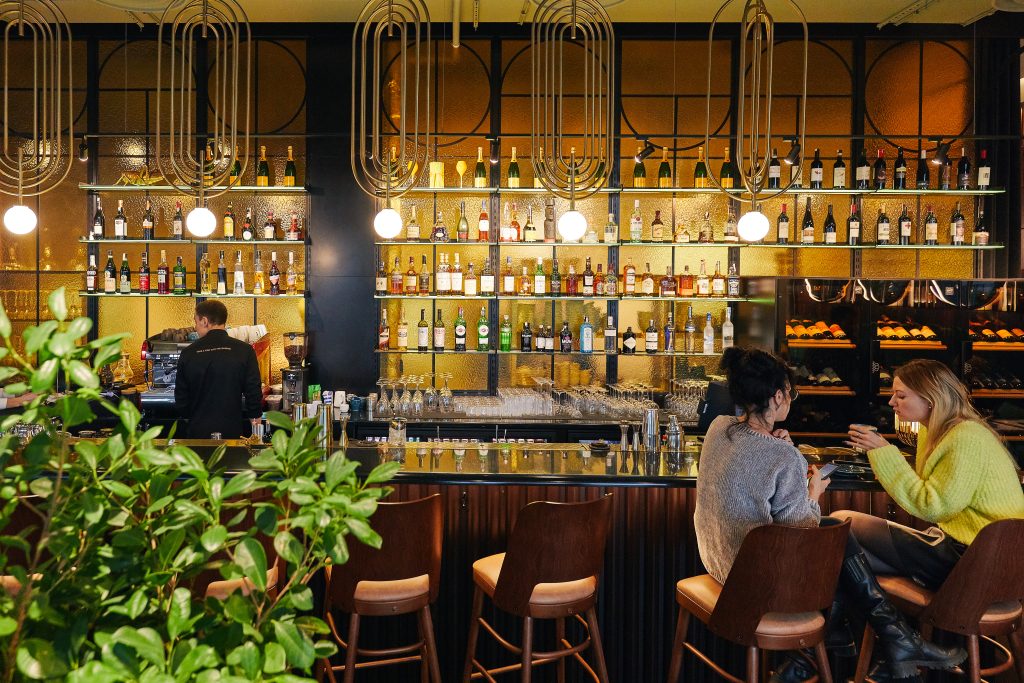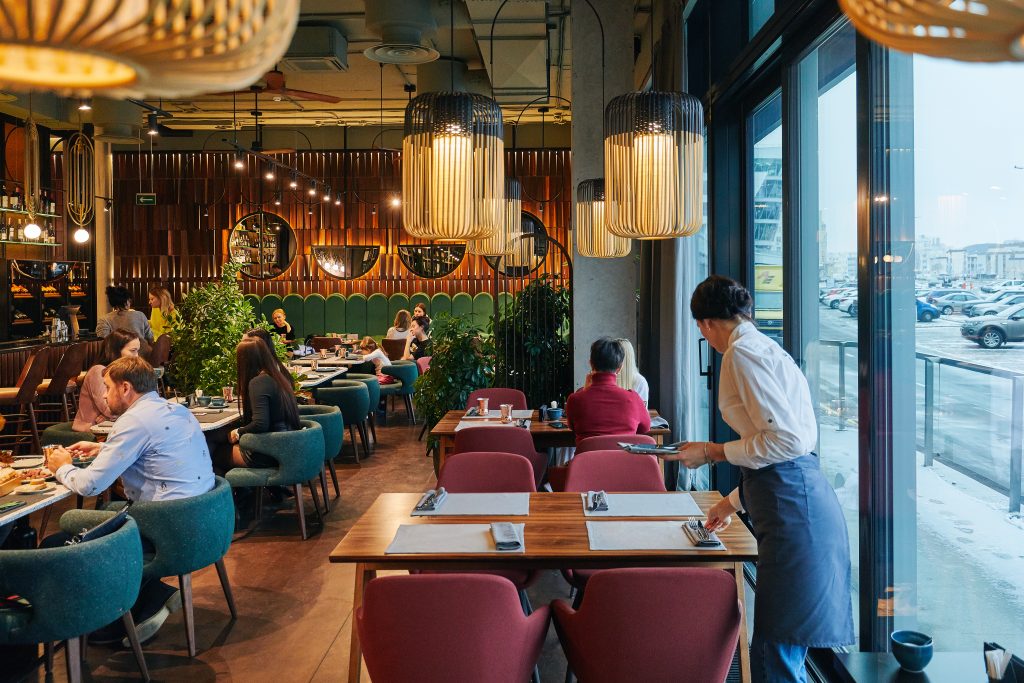
Running the Show in Hospitality Management
There has never been a better time than now to become involved in the Australian hospitality industry. While there are roles available across every aspect of hospitality, from chefs to bartenders, those wanting a more leadership-oriented role, should look at starting a career in hospitality management. Managers in hospitality combine specialised knowledge in a particular field such as gaming or food and beverage, with soft skills related to people management, to organise and run their department within a venue. Hospitality management encompasses those who may run a restaurant, a café, a bar, or a club. Growth is expected to be strong over the coming years in these areas, and due to the staff shortage being faced by many Australian hospitality businesses, it is a great time for those appropriately qualified, to move in and secure a position with excellent pay and conditions.

Worker shortage provides opportunity
Covid, a lack of foreign workers (international students, working visa holders, and backpackers) and mental burnout suffered during the pandemic by former hospitality workers is curtailing the numbers of workers available to the hospitality industry. Due to this drop-off, most hospitality related professions are predicted to show employment growth until at least 2025. The highest growth is expected for sales assistants (25%), waiters (18%), and chefs (16%). Further to this, applicants for hospitality jobs are at a two-year low while advertised positions are at a two year high since the pandemic started. Many hospitality businesses are looking to fly in workers from overseas due to how difficult it is to recruit workers locally. Compounding the issue, is the fact the Australian government has provided limited training and apprenticeship program funding to feed skilled and qualified workers to the hospitality industry. These factors all point to the fact that there is ample opportunity to find your spot in the industry as it looks to rebuild.

Hospitality managerial skills
The top priority skills in hospitality currently are teamwork and communication, problem solving, resilience, stress tolerance and adaptability, and self-management. The skills most used by a manager in hospitality are empathy, organisational skills, language skills, and leadership skills. Most skills required for working in hospitality are soft skills. Soft skills are those that help you work with people, rather than a technical skill such as using a coffee machine. When communicating as a manager, you need to be confident and decisive in the decisions you make. Your staff look up to you and any sign of hesitation or confusion trickles down to them and spreads. This can lead to inefficiency and poor performance in your department. Additionally, as a manager you need to stay up to date with the current and upcoming trends in your area of expertise. Another important skill, perhaps the most so, is being culturally aware and tolerant of others as you will be working with, as well as serving those, from different parts of society and the world.

Hospitality management jobs
Managers are present in many different areas of a hospitality venue. These include the function manager, the front of house manager, a front office manager, gaming manager, and the executive housekeeper.
• Bar Manager: The projected job growth for bar managers is promising, with a growth rate of 10.2% predicted. Bar managers are responsible for rostering staff, the bars compliance with legal and health requirements, making sure the highest level of customer service is maintained, making sure stock levels are adequate, and working with security to keep track of incidents and guests. Bar managers can currently expect to earn between $65,000 and $70,000 per year. Along with industry experience, a diploma in hospitality management is desirable when looking to get into this career.
• Restaurant manager: With strong future growth of 35% predicted, it is now a fantastic time to undertake a diploma of hospitality management and get into the industry. A reasonable amount of industry working experience is also required to attain this sort of position. The role of a restaurant manager includes planning menus with chefs, organising functions, purchasing and pricing goods while following a budget, maintain a record of stock levels, ensuring your venue complies with health and legal requirements, speaking with customers to ascertain their satisfaction, and the hiring and training of waiters and kitchen staff. The average weekly wage of a restaurant manager is $1,268.
• Kitchen Manager: Kitchen managers work in tandem with the chef and the restaurant manager to ensure the smooth operation of the kitchen area. They are responsible for ordering food supplies according to varying demand, hiring and training kitchen staff, conducting a weekly stocktake and amending orders as required, assist the chef and restaurant manager with menu changes, and to respond to any guest complaints or compliments. A nationally recognised qualification as well as experience in the hospitality industry is a pre-requisite for working as a kitchen manager. The average yearly wage for a kitchen manager in Australia is $67,000. Finally, with the difficulties posed by the ongoing covid pandemic, growth for this position is predicted to be between 10% and 15%.

Hospitality has always been a fantastic, accessible first step into the workforce for many people. It is both a flexible industry with jobs that can be undertaken while studying and also one in which you can put down roots and make a career out of it. A career in hospitality management means that you will not be stuck in an office all day and you will never be short of opportunities once you have found your place in the hospitality industry.

